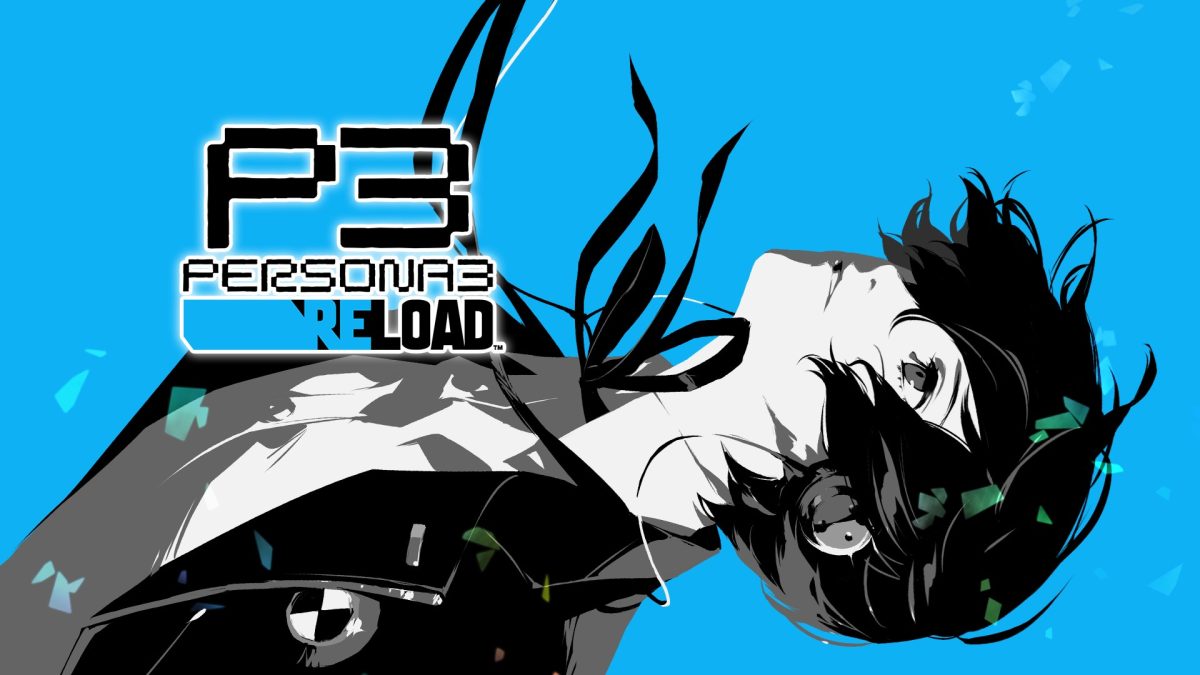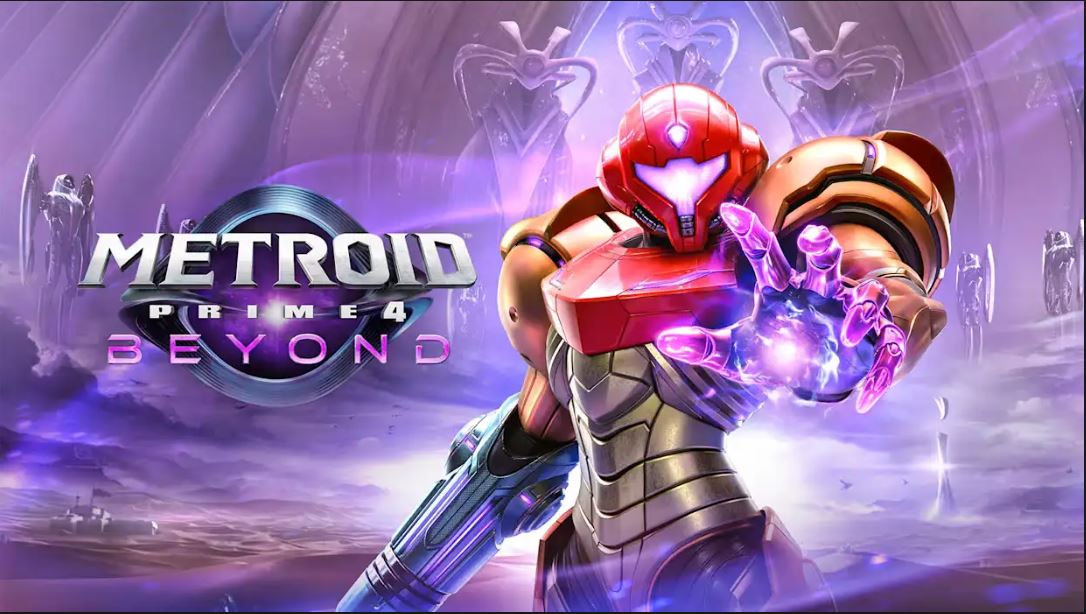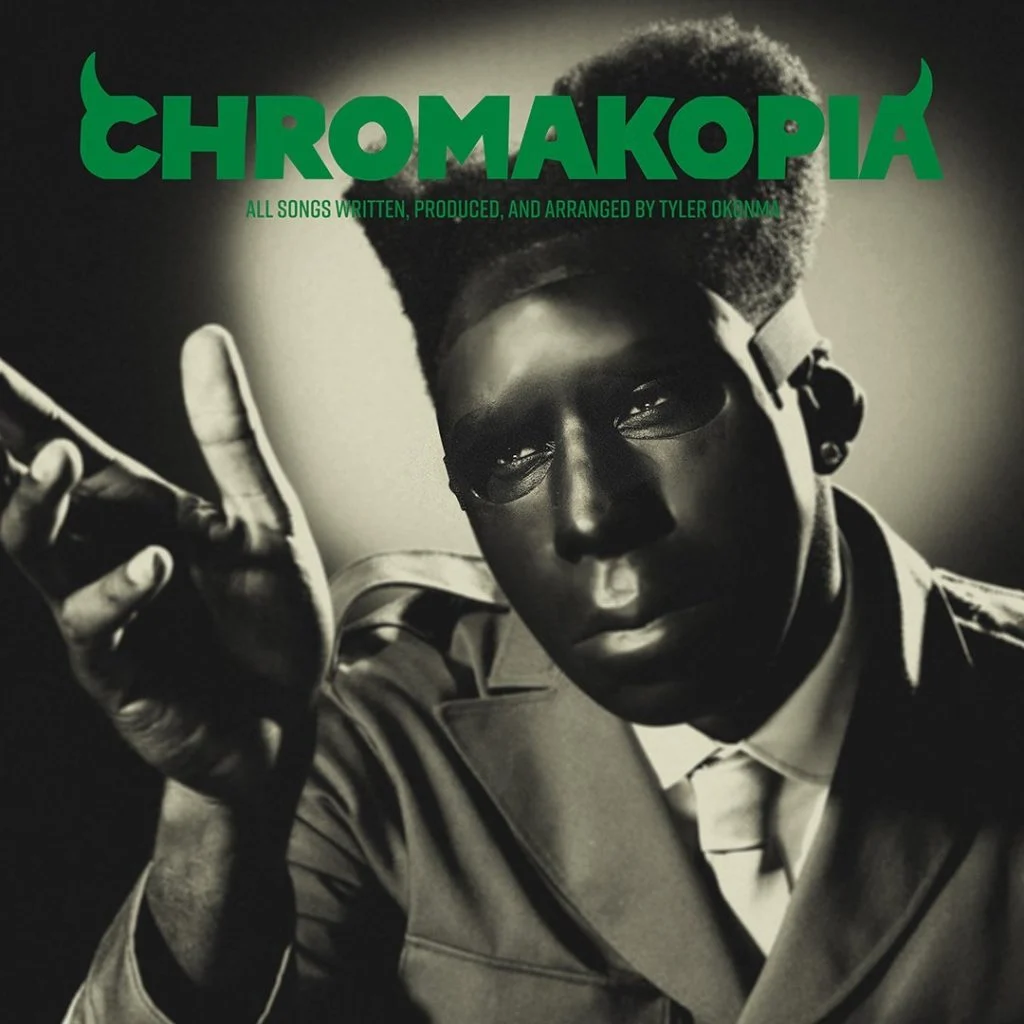If you’ve ever felt like the media you like is becoming more and more nostalgic, you might be right.
The video game industry in particular is bringing back the past like it never has before. Remakes and remasters of beloved classic games are becoming just as important as the new titles. In 2024, more than 30 remakes were released, according to the popular gaming blog Kotaku. Looking to the future, over 15 are already planned for 2025, according to pop culture publication NME.
Nostalgia sells. This is evident not just in the video game industry as of late, but in the recent influx of remakes of older, beloved movies and TV shows as well. And since video games are ultimately a business to the big players in the video game industry, commonly referred to as the AAA publishers, sales statistics are one of the most important factors in determining what project a video game studio will work on next. When games like “Persona 3 Reload” and “Silent Hill 2” (2024) far surpass the records set by their series, publishers become all the more motivated to keep churning out remakes.
In the past few years, a few remakes have stood out among a sea of others. Titles such as “Resident Evil 4” (2023), “Final Fantasy VII Crisis Core,” “Persona 3 Reload,” and “Silent Hill 2” have earned widespread acclaim for not just bringing back a classic experience, but being good games in and of themselves. These games have a few things in common: the best graphics quality modern gaming has to offer (that is also far better than the originals’ quality), improved controls, refined mechanics, quality-of-life adjustments and additional content not present in the original games.
High-profile remakes have another thing in common: inflated pricing compared to their original versions. Take the Persona 3 games for example. In 2008, “Persona 3 FES” released with a price tag of $29.99; it included the main story as well as an additional epilogue called “The Answer.” “Persona 3 Reload” released in 2024 for $69.99 with just the main story. A “Reloaded” version of “The Answer” (now called “Episode Aigis”) came in an expansion pass several months later–with some bonus in-game costumes and soundtracks–for an additional $34.99. In other words, gamers are paying $74.99 more for a modern version of Persona 3. Even accounting for inflation, this price jump is jarring, since $1 in 2008 is equal to $1.47 in 2024, as reported by the US Bureau of Labor Statistics. If “Persona 3 FES” were to be released today, it would cost about $44–a far cry from the $104.98 price tag on “Persona 3 Reload” with the Expansion Pass. Labor standards are changing worldwide, and the technology needed to make such ambitious games is certainly not cheap, which is also influencing the price increase. Clearly, video games are becoming a big investment for gamers, so it is important that they have confidence that they will get their money’s worth.
The announcement of “Episode Aigis” caused a lot of outcry among fans about it being a “money-hungry” move by Atlus or a “cash-grab,” mostly on gaming forums and social media platforms such as Twitter and Reddit. Many accused Atlus of releasing it as DLC to make more money off of “Persona 3 Reload,” but a developer interview published in Famitsu after the announcement of “Episode Aigis” presents a different point of view: the developers weren’t able to include it initially due to time and budget constraints, but had a renewed opportunity to do it thanks to the success of “Persona 3 Reload.” Regardless of the true reason for the release of “Episode Aigis” as DLC, the controversy reflects a larger debate in video game circles about the necessity of remakes and the potential greed-driven motives for releasing them.
The $70 price tag is standard for AAA publishers at this point, though, and it certainly didn’t hurt sales for “Persona 3 Reload” too much. The game sold 1 million copies in its first week, becoming the fastest-selling game by the “Persona” series’s publisher, Atlus. Considering how “Persona 5” has long been Atlus’s only mainstream success, this achievement could bring wider popularity to the “Persona” series. The 2024 remake of “Silent Hill 2” (which also retails for $69.99) broke similar records, having sold 1 million copies in its first three days, which propelled it to become the fastest-selling entry in the “Silent Hill” series. Past efforts by publisher Konami to revive the series with new entries have faced lukewarm reception, as evidenced by Metacritic scores that sit significantly below the lauded original trilogy. According to NPR, 2024’s “Silent Hill 2” remake marks a return to the “big-budget, inventive and thematically challenging video games” that Konami was known for in the 2000s. In an interview for NPR, former Konami project manager Jason Enos adds that returning to older franchises “by recreating already-beloved works” is a good move “from a financial perspective.” He suggests that mastering the remake formula “could be a huge new change for the company.”
What made these remakes so successful? For one, the developer teams of both games consisted, in part, of people who are big fans of the original. As stated by “Persona 3 Reload” producer Ryota Niitsuma in a Famitsu interview, debate between returning developers from “FES” and newcomers who enjoyed “FES” as fans “led to the creation of a really high-quality remake.” In the case of “Silent Hill 2,” the new development team–Bloober Team–consisted of fans of the original as well, according to a Famitsu interview with producer Motoi Okamoto. He adds that Bloober Team actually faced opposition from the returning art director Masahiro Ito and returning sound director Akira Yamaoka because the two wanted to make more changes than Bloober Team. Okamoto went on to explain that the original staff wanted to mix things up because “game creators don’t want to make the same thing they created all over again.”
This sentiment is not just felt by returning staff, but returning fans as well. Long-time gamers such as Eric Barresi and James DeGaray from the teen section at Hampton Bays Public Library concur that a merit of remakes is that developers can utilize expanded creative control and improved technology to make beneficial changes to the experience of playing a certain game. Expanding on this, they suggest that from their experience, a remake that presents a new approach to a game they already love is something that they and others would be willing to pay for. Because of this, they note that some high-definition remasters of recent games can feel like cash-grabs because they don’t offer anything else new.
Not all remakes are high-budget overhauls, but the simpler ones are better termed remasters. In 2024, fans got “Apollo Justice: Ace Attorney Trilogy” remastered and ported for modern consoles, as well as the first four Sonic games in the form of the compilation game “Sonic Origins.” The “Apollo Justice” trilogy was, admittedly, a financial flop compared to the original games. The initial release of the first game in the trilogy sold nearly five times as much, just in Japan in its first year. But these releases don’t need to bring home the money for their publishing companies; they exist to make old titles more accessible to a modern audience, while original games do the job of money making.
For many Gen Z gamers, remakes and remastered ports are the way they were introduced to older series. According to Esteban Lopez, a junior at Hampton Bays High School, “Persona 3 Reload” was the reason he got into “Persona 3.” The high-quality graphics that were reminiscent of “Persona 5,” the most recent entry in the series, made the remade version more appealing to him than the original. And after playing “Final Fantasy VII” in its original and remade forms, he adds that the improved graphics improved the experience, in his opinion.
Millennial gamers like Barresi and DeGaray also responded that they liked the possibility of remakes allowing kids to enjoy the same games they did, giving an example of parents being able to play the new versions with their kids.
Remakes are perhaps most prevalent in the video game format because of how quickly game technology advances–a movie from 15 years ago probably wouldn’t feel too technologically dated, but a game from 2009 would likely already feel old. Given, some see remakes as necessary because they can bring old titles to a modern audience by giving them modern sensibilities. Others see no reason to update old games, preferring that they be left alone to maintain the developers’ original vision or for developers to focus on new ideas. Regardless of the controversy, the generally positive reception of this year’s biggest remakes suggests that the trend isn’t going anywhere fast.





